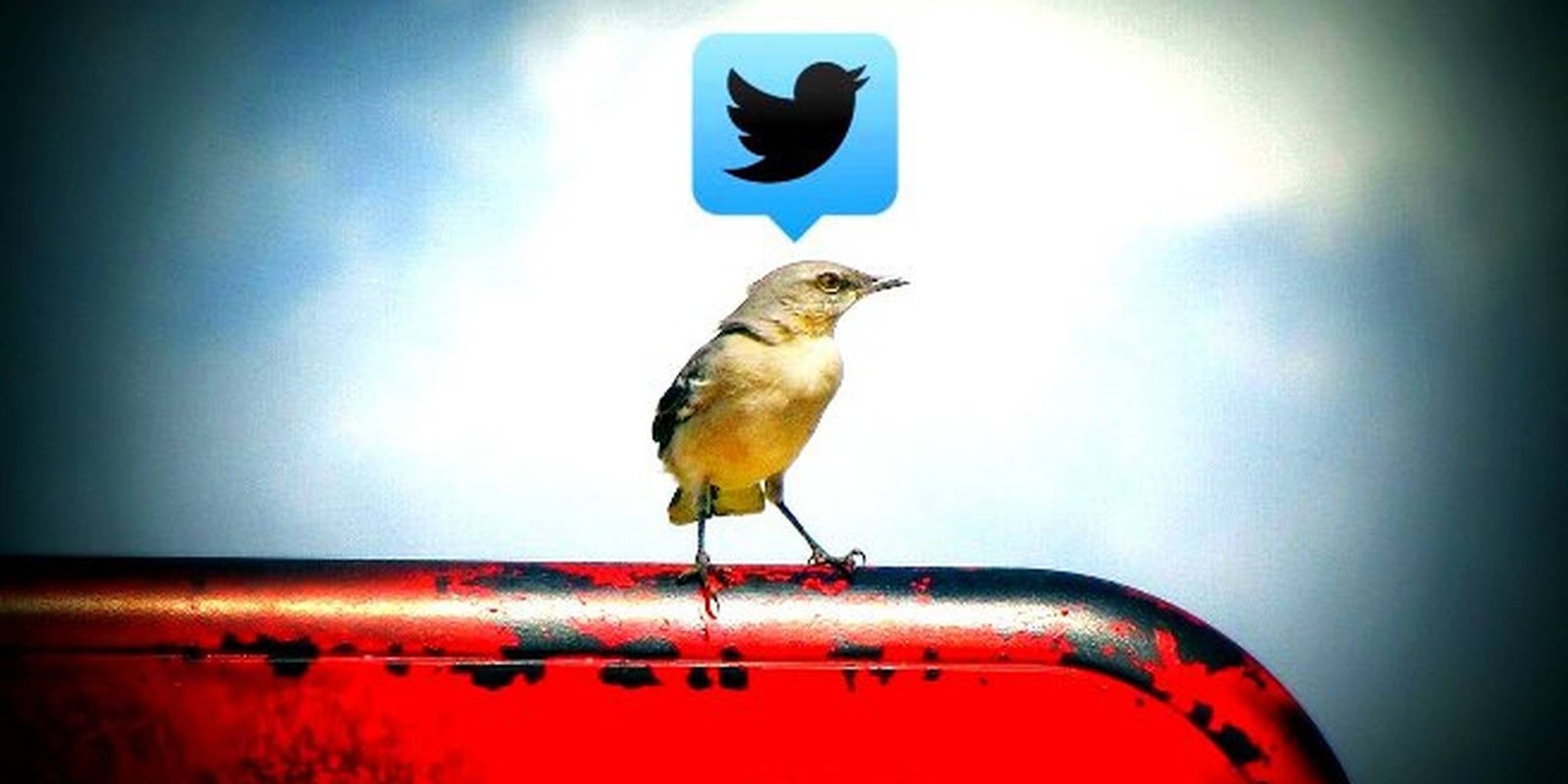Like the Internet, Twitter is great because of its depth—a sprawling mass of content and community so big, it has the potential to be all things to all people. Unfortunately, Twitter’s size is also what make it so difficult to make sense of, particularly during live events.
From the beginning, it was clear the platform had the potential to be a great companion to real-world events.
The day James Harden stop playing defense. pic.twitter.com/YvNU3nYEys
— Negus ➐ 🏴 (@SayHeyToMyWilly) April 23, 2016
https://twitter.com/ggreenwald/status/726754740202299392
#NeverForget, @marclamonthill https://t.co/4WyrqnsFnD #NerdProm
— Johnetta Elzie (@Nettaaaaaaaa) May 1, 2016
A distributed approach
What if Twitter turned the curation of events (sports, news, festivals, memes..) over to the community? Each event could be open to curation by any user who wanted to perform that service. Tweets and retweets tied to an event, from the curators you follow specifically for that event, could show up in your timeline. The list of curators could be sorted by popularity, and other signals for personalization.
This could allow Twitter to largely remove itself from the editorial-voice game, and put the responsibility for perspective on real people. Vastly more events could be covered. Content available for each event could be as diverse as the community. Weirdness and diversity could enter back into the mix—something that could distinguish Twitter and fuel engagement.
Twitter always had a centralized product. But from the beginning, it was a priority to make its services available to the community, to reshape the product as they saw fit. Perhaps it’s time to revisit this thinking, and extend it to Twitter’s editorial efforts.
Adam Rugel was founder of Trazzler and co-founder of Checkmate, and he worked at ESPN and AOL. His Twitter handle @adam was one of the first dozen. He is based in San Francisco.
A version of this story originally appeared on Medium and has been reprinted with permission.




